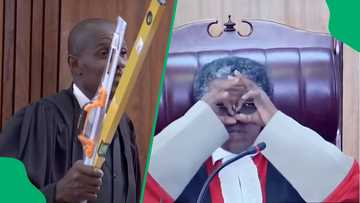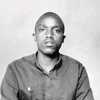Fore in golf: Meaning, rules, and why players shout it
Golf is a club-and-ball sport where players use various clubs to hit a ball into a series of holes on a course in as few strokes as possible. Getting used to the many variations in the topography and design of golf courses is an essential game component. One important aspect of golfing etiquette is understanding the meaning and usage of fore in golf.

Source: Getty Images
TABLE OF CONTENTS
The word's derivation is unclear in this usage. However, the name's mention in a British Golf Museum publication from 1881 suggests that it was in use even then.
Fore meaning in golf
The exclamation "Fore!" originated from the Scots and is used to alert everyone standing or moving while a golf ball is in flight. It warns all players that a ball has been hit and is travelling toward them rather than the desired spot on the golf course.
An alternative definition of the golf phrase fore could be found in its synonyms, "watch out" and "heads up." It is employed when a player makes a poor shot with their golf club that veers so far off course that it might strike or nearly strike an unanticipated player.
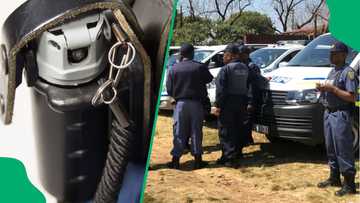
Read also
"Can never be me": Cop trainees pepper sprayed in training video, scenes leave SA's eyes popping
Fore golf term
It most likely started in the military community. Artillerymen used it to alert soldiers who were positioned on the front.
The USGA claims the word is a shortened form of "before" or "afore." This military cautionary cry was borrowed by golfers for use on the links as early as the 18th century.
Yelling fore in golf
Calling a shot "fore" is covered in the more recent Rules of Golf as early as Section 1.2a: Conduct Expected of All Players. This specifies that participants are supposed to "show consideration to others" in the spirit of the game.
Fore in golf pronunciation
"Fore" is pronounced in golf like "four," with a long "o" sound and one syllable. This pronunciation is essential for warning other players of an impending misfire.
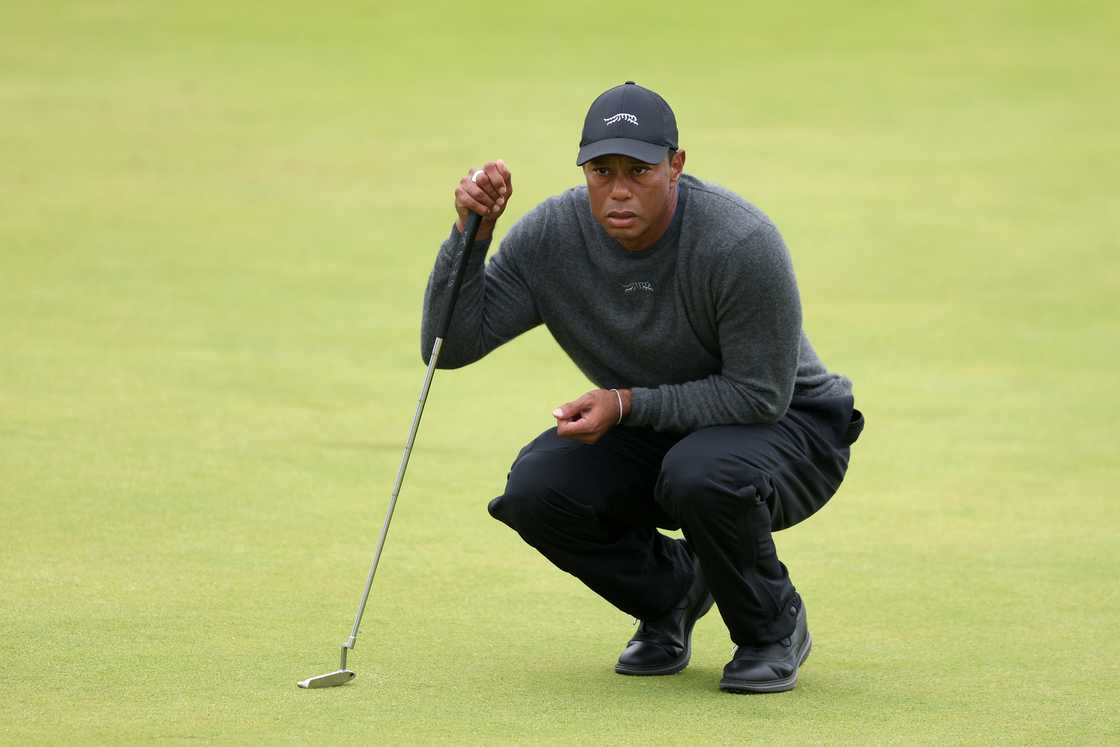
Source: Getty Images
The Committee may disqualify a player for behaving against this spirit of the game if it determines that the player has engaged in substantial misbehaviour.
However, "there is no penalty under the Rules for failing to act this way." Here are two instances of debates concerning it:
2019 Open Championship: Bob MacIntyre vs. Kyle Stanley
A controversy broke out during the second round of the 2019 Open Championship at Royal Portrush when Kyle Stanley, Bob MacIntyre's playing partner, was publicly chastised for not calling "Fore" following a mishit tee shot.
According to the Guardian, Stanley's shot on the 17th hole went off course and injured MacIntyre's caddy's mother's hand. In his first Open, MacIntyre was furious and charged Stanley with failing to warn the crowd, which could have avoided the accident.
Stanley defended himself, arguing that others on the tee box had yelled "Fore," but MacIntyre insisted that Stanley, as the player who hit the shot, should have been the first to shout. This incident highlighted the importance of player responsibility in ensuring the safety of spectators.
2018 BMW PGA Championship: Rory McIlroy at Wentworth
Rory McIlroy was harshly criticised at the 2018 BMW PGA Championship at Wentworth for not calling "Fore" after multiple mishit shots struck spectators.
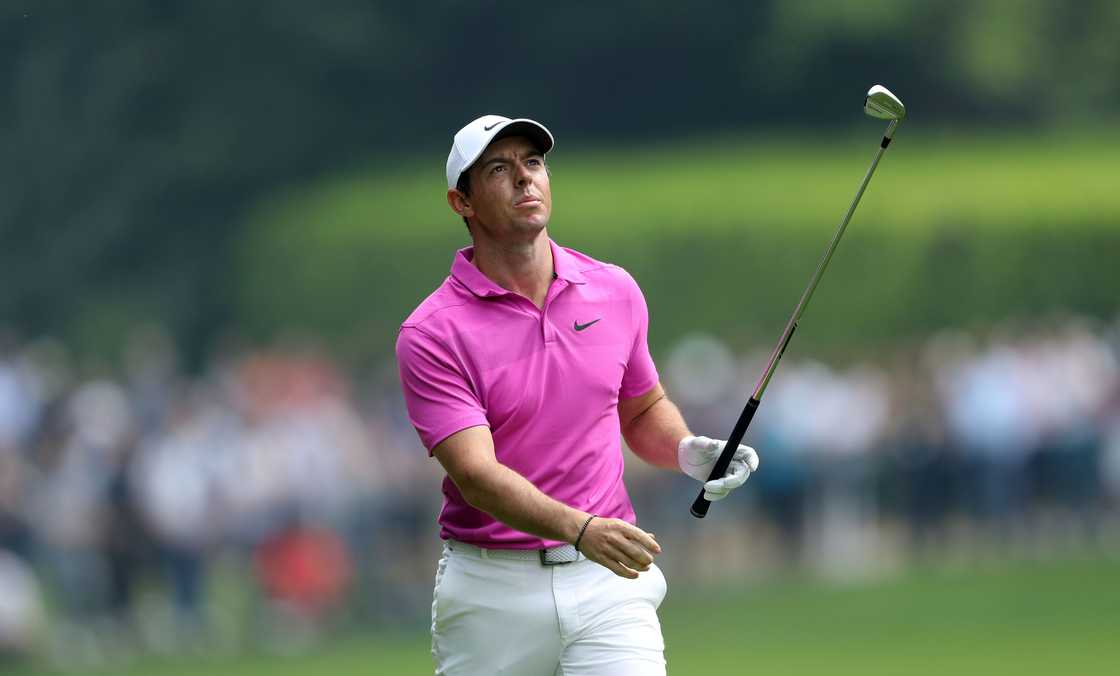
Source: Getty Images
The most serious incident, according to the Sun, happened on the 18th hole when McIlroy's hooked drive hit a woman in the head, resulting in a bleeding injury. Rory McIlroy admitted he had not called out because he believed his shot would not reach the crowd due to wind conditions.
Social media users rebuked McIlroy, saying he should have warned spectators but did not, speculating that he might not have yelled since he knew his ball was going out of bounds. Later on, McIlroy apologised, saying that he had not meant to put anyone in danger and that it was upsetting to see someone hurt.
What are the rules of fore in golf?
Any golfer must know when and why to yell "fore" for safety and legal purposes. According to the New Jersey Supreme Court in Carrigan v. Roussell (1981), as stated by Meyerson Fox & Conte, P.A. website, a golfer is not required to shout "fore" unless someone is within a "zone or ambit of danger."
This implies that there is no need to yell "fore" before making a shot if no one is in the direct line of play. But you have to shout "fore" right away to alert others if your shot veers off course and might hurt someone else.
This is a safety measure to reduce the possibility of being held liable for bodily injury in addition to being polite. The court in Carrigan ruled that as long as the golfer's warning was loud enough to be heard, they had fulfilled their duty. Two key lessons emerge from this case for golfers:
- Pre-shot consideration: If you see a golfer or any person in an area where your shot is likely to land, you should yell "fore" before even taking the shot. This proactive attitude guarantees the safety of everyone around you.
- Immediate reaction: If your shot starts to veer off course and could endanger someone, shout "fore" without delay. It is crucial that your warning is loud enough to be heard by anyone in potential danger.
Frequently asked questions
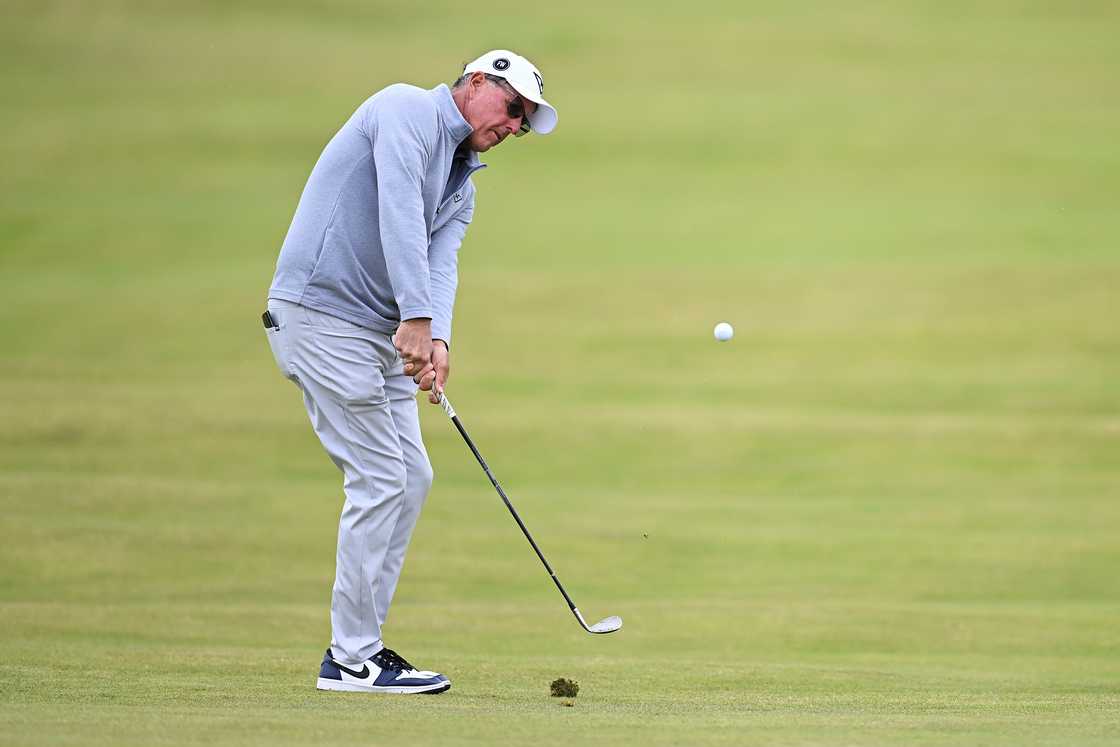
Source: Getty Images
In the U.K. or the U.S., a shout of "fore!" signals you should take cover, while in Spain, "bola!" and in France, "balle!" serve the same purpose. Experienced golfers in any country know exactly how to react upon hearing these warnings.
- What does fore mean in golf? It is a warning shout used to alert others that a golf ball is heading their way.
- Why do golfers yell fore? To warn nearby players and spectators of a potentially dangerous, errant shot.
- What does fore stand for? It stands for "before" or "ahead," originating from military warnings to alert people in advance of incoming projectiles.
Fore in golf is a core game component that promotes safety and consideration for other players. Golfers support the game's etiquette and help avoid accidents by screaming it when a shot veers off course.
READ ALSO: What is a birdie in golf? Meaning, rules, and how it is scored
Briefly published an article about what a birdie in golf is. Golf is an exciting sport played by people of all ages. Despite its popularity, some people struggle to understand the game's rules and terminologies. This article explains the meaning of birdie in golf and how to score it.
Source: Briefly News



